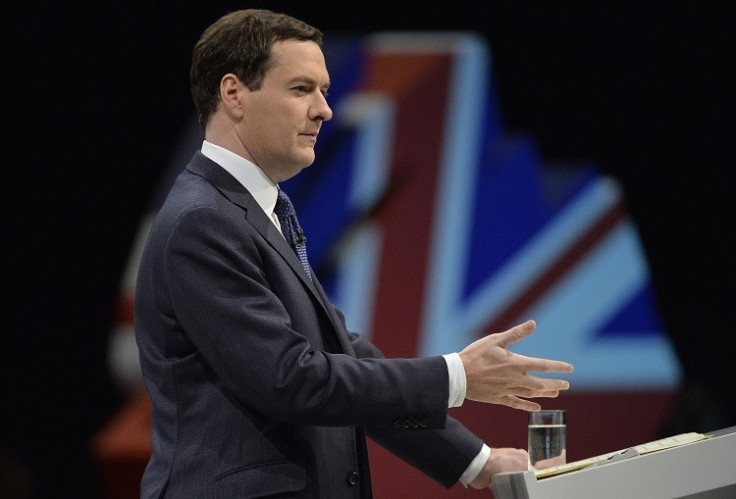George Osborne's Capital Gains Tax for Foreign Property Investors Could Hit UK Economy Hard

UK Chancellor George Osborne is reportedly mulling over a Capital Gains Tax on second homes owned by non-residents in his Autumn Statement on December 4th.
The current government is certainly not averse to increasing its revenues from the run-away growth of property wealth. it is the latest logical step in a string of measures.
One of these measures is the recent increase in stamp duty on properties worth more than £2m from 5 to 7%. And with thresholds frozen and prices rising, stamp duty revenues in the last year have risen a massive 26%.
In this particular case, prime London property prices have risen by up to 8% in the last year alone, and it follows that this tax could unlock a significant revenue source for the Treasury.
Official HMRC figures just released show that the CGT take for 2011-12 was lower than that from the year before, and any addition to it would, I am sure, be very welcome.
For a number of reasons, which include the weakness of the pound relative to other currencies, London's perceived economic stability relative to the eurozone and the international status of the city, foreign money has poured into prime London property in recent years.
UK Tax Regime
The UK's favourable tax regime for foreign owners has undoubtedly been a major factor in this.
Looking at the intricacies of this tax shows that certain groups of wealthy home owners, such as those from the Middle East and other low tax jurisdictions, will be left worse off than those from Europe and the US.
Currently those who live in countries with zero tax, for example in the Middle East, will not pay anything on gains accrued through the sale of UK second homes.
This adds yet more sheen to its appeal as an investment proposition. This proposed tax would be a real cost to such people and could adversely affect the market for foreign second home ownership in the UK.
By contrast, those resident in other jurisdictions - in Europe for example - currently have to pay taxes equivalent to CGT in their countries on any second homes sales in the UK.
Under this new proposal, they would have to pay CGT to the UK government, but thanks to the double-taxation agreements in force, they would not have to pay the same tax again at home.
If the equivalent tax rate at home was higher than the current UK CGT rate of 28% they would have to pay the difference, but overall this proposal is unlikely to make a big difference to those resident in Europe and other countries which have similar tax regimes to that of the UK.
There is another intriguing angle, which has not yet been discussed widely.
What Happens If It Goes Ahead?
If this measure were to go ahead, it would be the first time that non-resident expats would have to pay CGT on gains arising in the UK.
Although this particular measure would apply to property only, it could be extended by degree to encompass other taxable capital gains.
Will this be the first step of a wider drive to tax expats' gains arising in the UK, which are not taxed currently? Think Richard Branson. This would not be unthinkable in today's climate, where tax rules are being tightened everywhere.
It is important to note that this proposal would bring the UK into line with what happens in most of mainland Europe.
The potential downside is that the UK might lose some of its competitive advantage over European countries. It may ultimately scare off footloose wealth creators from settling in the UK; they may choose somewhere else in Europe instead.
Through this proposed tax the Chancellor would gain access to a significant new source of revenue.
However, it is unclear yet whether this upside would outweigh the harmful effect of deterring foreigners from investing in the UK market over the long term.
Yet this calculus does not take into consideration another motivation, which is the political capital to be gained from targeting one of the favoured political punching bags du jour: the foreign mega-rich.
Meanwhile, it remains to be seen whether this could be the first swoop in a wider reform of CGT rules for non-residents, which could really pull the rug out from underneath UK tax exiles.
Ronnie Ludwig is a partner in the private wealth group at Saffery Champness
© Copyright IBTimes 2024. All rights reserved.





